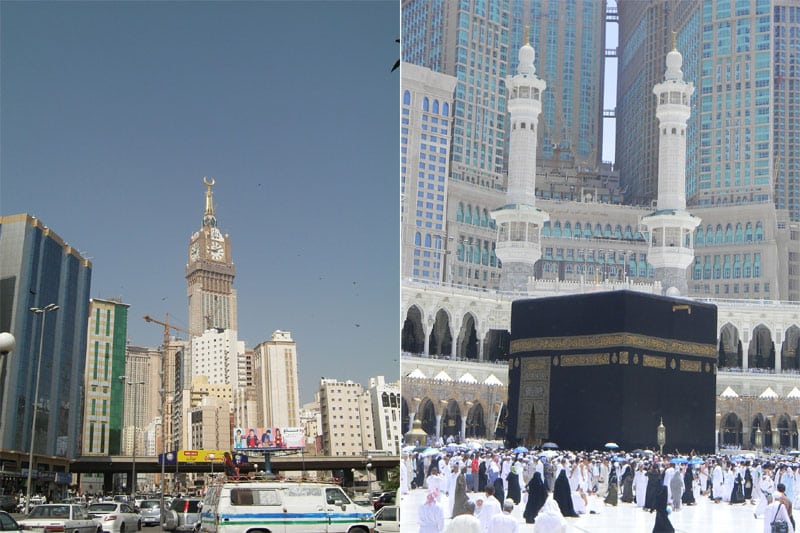Makkah: The General Presidency for the Affairs of the Two Holy Mosques has taken extraordinary steps to ease accessibility for people with disabilities at the Grand Mosque in Makkah.
These measures include:
- Designating three halls for disabled women, located in the King Fahd Expansion. Women can access these halls through Gate 88 on the ground floor, Gate 65 on the first floor, or Gate 15 in the King Fahd Expansion in the Masjed.
- Designating three halls for disabled men, located in the King Fahd Expansion. Men can access these halls through Gate 91 on the first floor, Gate 68 in front of the Shabika Bridge on the first floor, or Gate 68 on the ground floor.
- Designating dedicated routes for wheelchairs from the Grand Mosque to the Mataf. These routes include the Ajyad Bridge, located in the western courtyard, which leads to the first floor of the Mataf, and a second route that leads from the eastern courtyards to Marwa via the Shabika Bridge near Gate 64.
- Providing wheelchairs and scooters for rent.
- Providing cleaning and sanitation services in the halls designated for people with disabilities.
- Providing refreshments and Zamzam water to disabled pilgrims.
- Providing guidance to visually impaired pilgrims using Braille.
The Saudi government has said that providing the best possible services to pilgrims is a top priority.
These measures are a welcome step towards making the Grand Mosque more accessible to people with disabilities. They will help to ensure that all pilgrims, regardless of their abilities, can fully experience the spiritual and religious significance of the site.
These measures are designed to make it easier for disabled pilgrims to perform the hajj, the five-day pilgrimage that is one of the five pillars of Islam.
“We are committed to providing the best possible experience for all pilgrims,” said a spokesperson for the Saudi Ministry of Hajj and Umrah. “These measures are a reflection of our commitment to ensuring that everyone has the opportunity to perform the hajj.”
The measures have been praised by disabled pilgrims and advocacy groups.
“These measures are a major step forward in making the hajj more accessible for disabled people,” said Azza Al-Qarni, a disabled pilgrim from Saudi Arabia. “I am grateful to the Saudi government for taking these important steps.”
The hajj is a physically demanding pilgrimage, and disabled pilgrims often face challenges in performing the various rituals. The new measures are expected to make it easier for disabled pilgrims to complete the hajj and experience the spiritual blessings of the pilgrimage.

